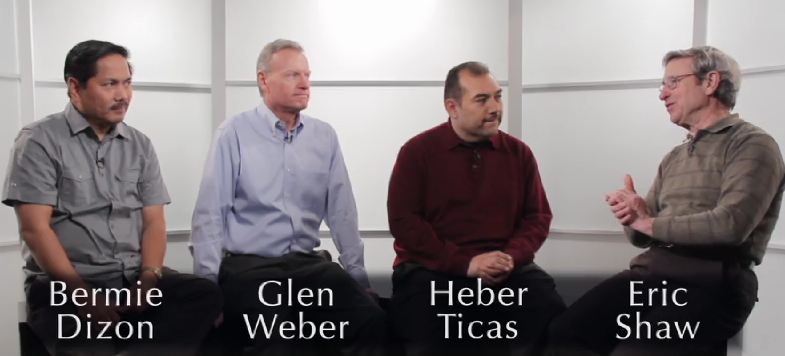Dear Brothers and Sisters in Christ,
 In the last two decades, our denomination has made major changes in the way we conduct worship. Many of us remember when our worship services began with a song leader and a pianist. They would lead the congregation in two or three hymns as a prelude to the “main event.”
In the last two decades, our denomination has made major changes in the way we conduct worship. Many of us remember when our worship services began with a song leader and a pianist. They would lead the congregation in two or three hymns as a prelude to the “main event.”
We have become more flexible and even adventurous. We have realized that “praise and worship” (as worship in song and prayer is often referred to) is an important component of our services. We have learned to embrace multiple music styles (understanding that people of different backgrounds and cultures express themselves very differently, especially in music). We have learned the importance of skilled worship leaders, musicians and others who facilitate worship. Many of our congregations have praise bands with multiple musicians. Also, many of our congregations have learned to use modern technology to enhance worship.

However, not all our congregations have the same resources. And so I want us to remember that, though advanced technologies and live praise bands can enhance worship, they are not essential to worship.
Worship is an interesting word. It comes from an Old English word, weorth meaning “worth.” In its earliest form, weorthscipe (worth-ship) meant the appropriate treatment of something or someone of worth. So worth-ship or worship is the act of affirming God’s worth. It does not mean we flatter God to boost his self-esteem. Rather, it is a declaration that God is worthy – to be praised, preached about, confessed to and served.
Jesus makes one of the most pointed scriptural statements concerning worship in his encounter with the Samaritan woman. Living in a society polarized over the details of “getting worship right,” this woman seized the opportunity to ask Jesus about it. “I can see that you are a prophet,” she said. “Our ancestors worshiped on this mountain, but you Jews claim that the place where we must worship is in Jerusalem” (John 4:19-20).
Jesus explained that the practical details of worship were not what was most important. “A time is coming and has now come when the true worshipers will worship the Father in spirit and truth, for they are the kind of worshipers the Father seeks” (John 4:23).
The true worship of God is expressed in a number of ways. We see this by noting the three basic meanings to the Greek and Hebrew words translated as worship. The first meaning is that of praise and adoration. We express this when we sing and pray (together and individually). The second meaning pertains to public or ceremonial gatherings, like church services where we sing, pray and fellowship together. The third meaning, which is the broadest, is to serve. In the Old Testament the Hebrew word abad is used for both worship and for work. The Greek verbs for this meaning are latreuo and the similar word leiturgeo which is the root word for our English word liturgy.
The most important point about worship is found in the New Testament book of Hebrews, where the risen and ascended Jesus is said to be our Leiturgos (“minister”); our worship leader (8:2). He leads us in worship, conveying all of God’s graces to us and taking all our responses to him, sanctifying them and giving them to the Father in the Spirit.
Our worship of God, with and through Jesus, can occur in large groups and small. For the first 300 years of Christianity, church services occurred mostly in homes, and thus in small groups. There is a purity about this original pattern that carries the inherent blessing of simplicity.
The early church did not set up a bank of amplifiers, speakers, soundboards, microphones, projectors and such. These resources are not needed in a very small congregation. In fact, it would be ridiculous to set up for a group of 250 people when there is only going to be 10 to 20 in attendance. Sitting in a circle is just as good as sitting in several rows – in fact, it is often better for small congregations, providing an intimate environment where genuine, quality worship can happen.
If you are a small congregation, you need not feel that you are inadequate because your worship service is not a “mega-media-event.” Keep it simple – make use of the resources you have, knowing that God will meet you where you are. Instead of becoming preoccupied with the mechanics of doing church (like Martha in the kitchen!), embrace the freedom that Jesus gives you to focus on worship (like Mary at our Lord’s feet). Remember what Jesus told us: “For where two or three have gathered together in my name, I am there in their midst” (Matthew 18:20).
With love, in Christ’s service,
Joseph Tkach
P.S. For more about this perspective on worship, see our Trinitarian Worship blog at http://trinitarianworship.blogspot.com/.


















